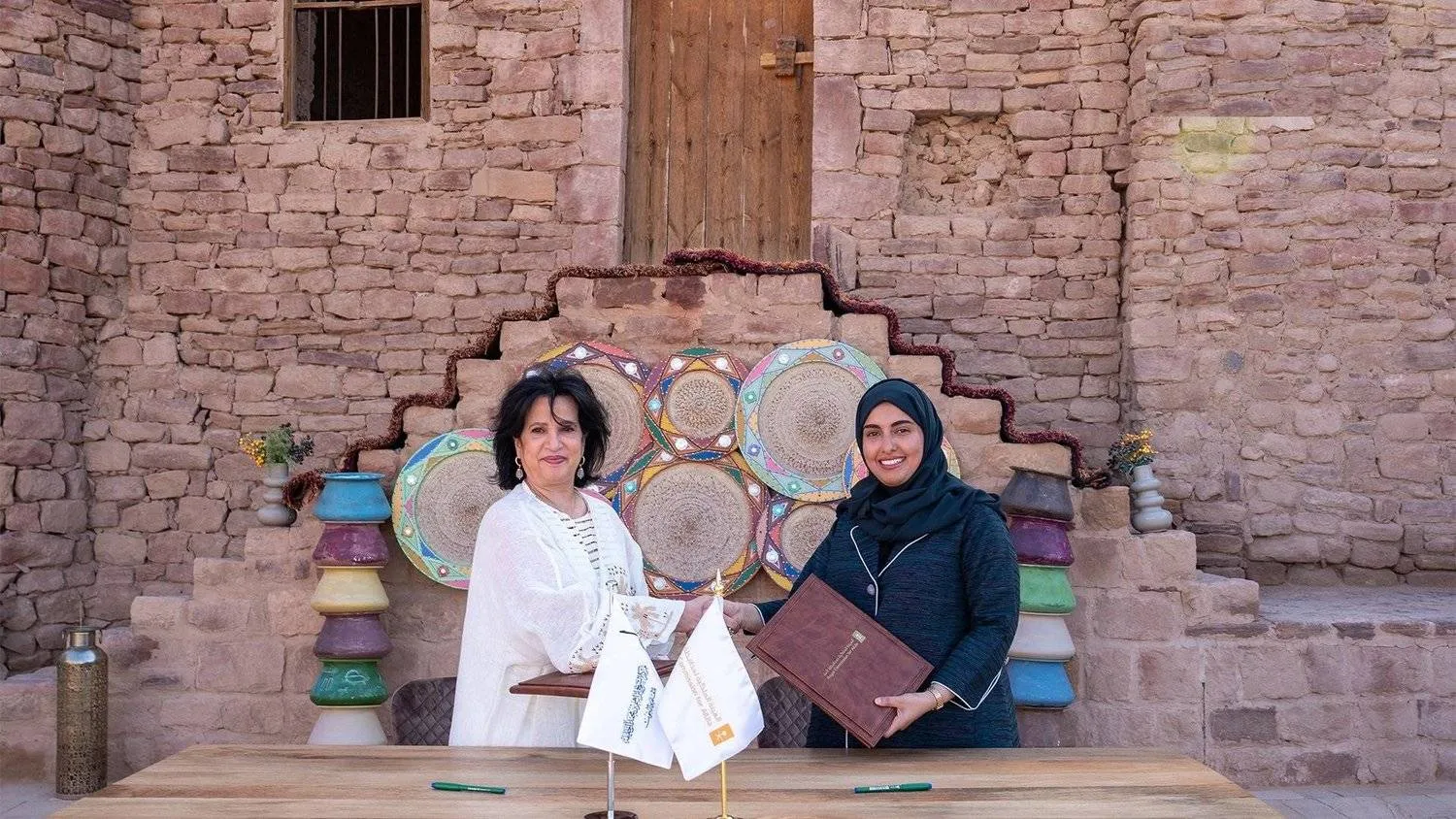Shaikha Mai bint Mohammed Al Khalifa of Bahrain, founder of the Shaikh Ebrahim bin Mohammed Al Khalifa Center for Culture and Research and Chair of its Board of Trustees, affirmed that AlUla region in northwestern Saudi Arabia has become a “global cultural destination.”
In an interview with Asharq Al-Awsat, Shaikha Mai confirmed that “AlUla has become one of the most important destinations for cultural tourism, attracting visitors from around the world, thanks to its inclusion of registered sites on the World Heritage List and its representation as an open museum of human civilizations spanning thousands of years.”
The Royal Commission for AlUla (RCU) had signed a cooperation agreement with Shaikh Ebrahim bin Mohammed Al Khalifa Center for Culture and Research.
The agreement looks to build cooperation in the fields of culture and heritage, as part of the efforts of the RCU to achieve the “AlUla Vision” and activate partnerships towards making AlUla a vibrant destination for heritage, culture, and the arts.
Moreover, the agreement will facilitate the establishment of a strategic partnership that supports the exchange of expertise, research, and capacity building in the fields of culture, heritage, and creativity.
It aims to preserve cultural and heritage assets, enhance historical sites, facilitate the exchange of knowledge and expertise, support studies and research, promote culture, science, intellectual pursuits, music, and literature, build capabilities, and host writers, thinkers, and artists.
“We, at the Shaikh Ebrahim bin Mohammed Al Khalifa Center for Culture and Research in Bahrain, are delighted to have an agreement for cultural cooperation and exchange of expertise with the RCU,” Shaikha Mai told Asharq Al-Awsat.
Shaikha Mai added that the Center, which is a non-profit private institution that celebrated its 21st anniversary in January, extends cooperation with official institutions at the core of its mission.









